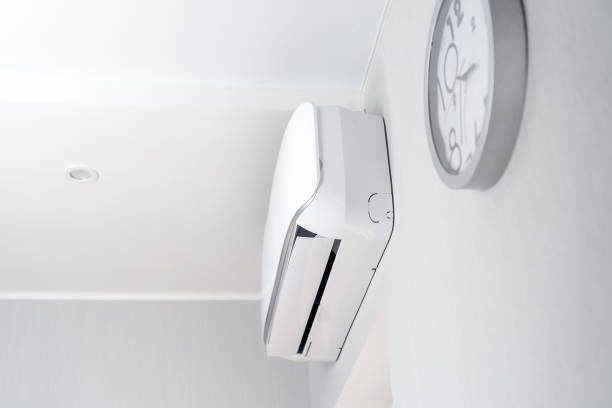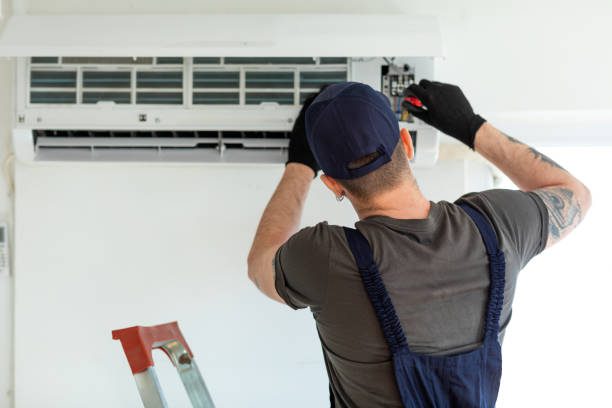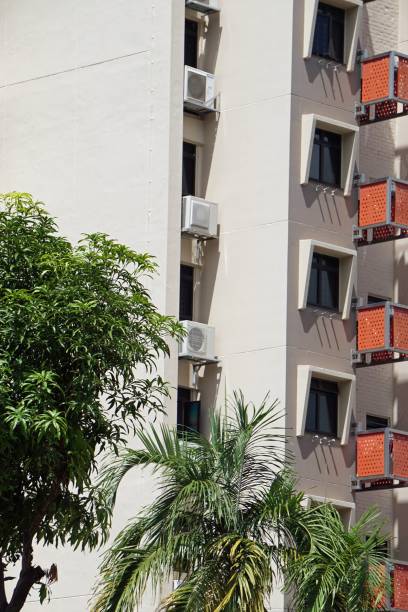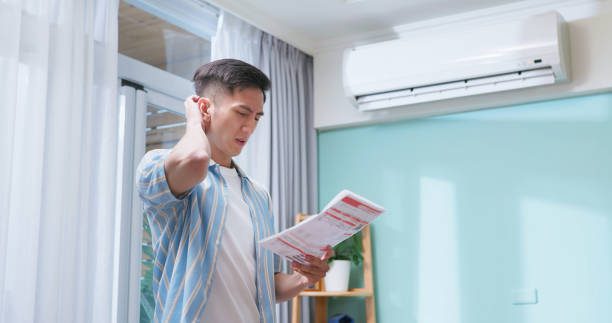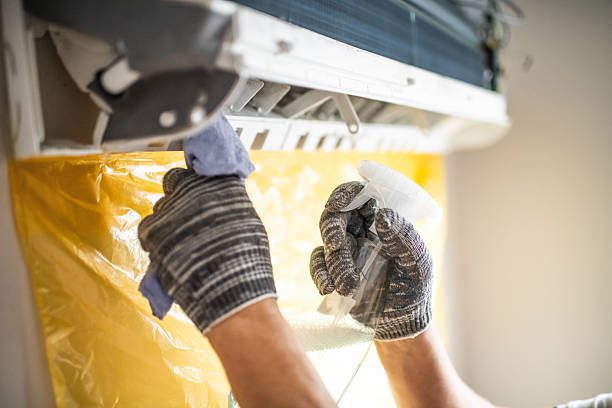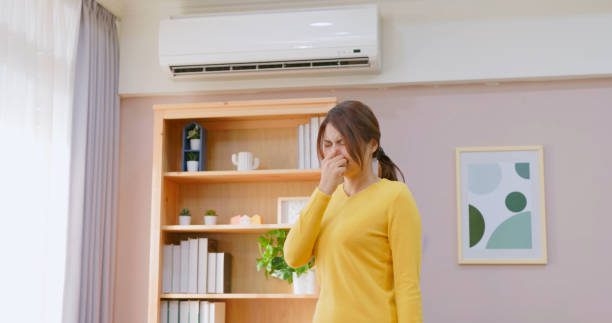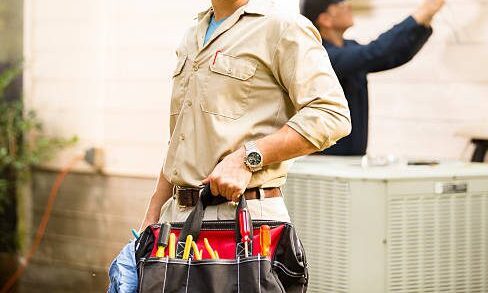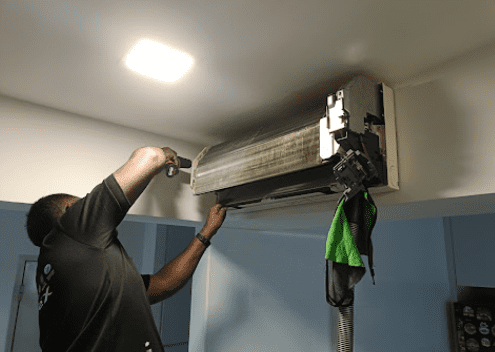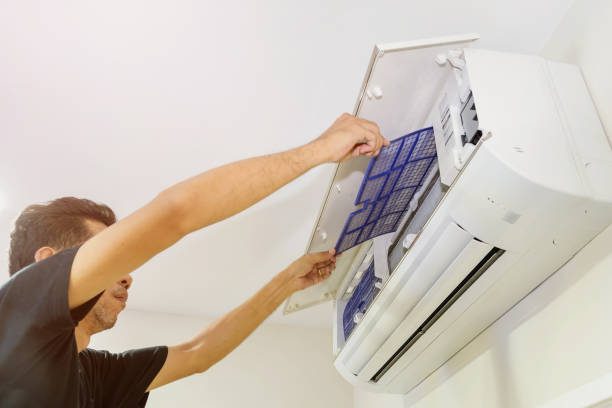An air conditioner is essential for staying cool, especially during hot weather. However, it can be frustrating when your AC isn’t cooling as it should. Therefore, understanding the reasons behind this issue can help you troubleshoot and decide when to seek professional help.
Common Reasons Your AC Isn’t Cooling
Dirty Air Filters
Over time, air filters can become clogged with dust and debris. As a result, airflow is restricted, making it harder for your air conditioner to cool your space effectively. Cleaning or replacing the filters regularly can solve this problem.
Refrigerant Levels Are Low
Refrigerant is the substance that cools the air in your AC system. If there’s a leak or the refrigerant level is too low, your air conditioner won’t be able to cool properly. For this reason, this issue typically requires a technician to locate and fix the leak before refilling the refrigerant.
Blocked Condenser Coils
The condenser coils release the heat absorbed from your indoor air. When they are covered in dirt or grime, heat cannot escape efficiently, thereby reducing the cooling performance. Cleaning the coils can help restore your AC’s functionality.
Thermostat Issues
A malfunctioning thermostat can prevent your air conditioner from cooling. Thus, check if the thermostat is set to the correct temperature and mode (e.g., “cool” instead of “fan”). If it’s unresponsive, consider replacing it.
Leaky or Damaged Ducts
Air ducts distribute cool air throughout your home. If they are leaking or damaged, the cool air may escape before it reaches your living spaces. Consequently, inspecting and sealing the ducts can improve cooling efficiency.
Dirty or Blocked Outdoor Unit
The outdoor unit plays a crucial role in the cooling process. If it’s obstructed by dirt, leaves, or other debris, your AC might struggle to cool effectively. Clearing the area around the outdoor unit can resolve this issue.
Undersized Air Conditioner
If your air conditioner is too small for your space, it may not be able to cool the area adequately. Hence, upgrading to a properly sized unit may be necessary for better performance.
While some issues can be resolved with basic maintenance, others require the expertise of an HVAC professional. Therefore, consider calling a technician if:
You suspect a refrigerant leak.
The AC continues to underperform despite cleaning and filter replacement.
There are unusual noises or smells coming from the unit.
The system frequently turns on and off.
Preventive Measures
To keep your air conditioner running efficiently, follow these tips:
Clean or replace air filters every 1-3 months.
Schedule regular maintenance with a professional.
Ensure the outdoor unit is free from obstructions.
Set your thermostat to an energy-efficient temperature.
An air conditioner that isn’t cooling can result from various issues, from dirty filters to low refrigerant levels. Therefore, regular maintenance and timely repairs can help ensure your AC performs at its best. If you’re experiencing persistent cooling problems, don’t hesitate to contact a professional for assistance.
Keep your air conditioner in top shape and enjoy a cool, comfortable home all year round!


